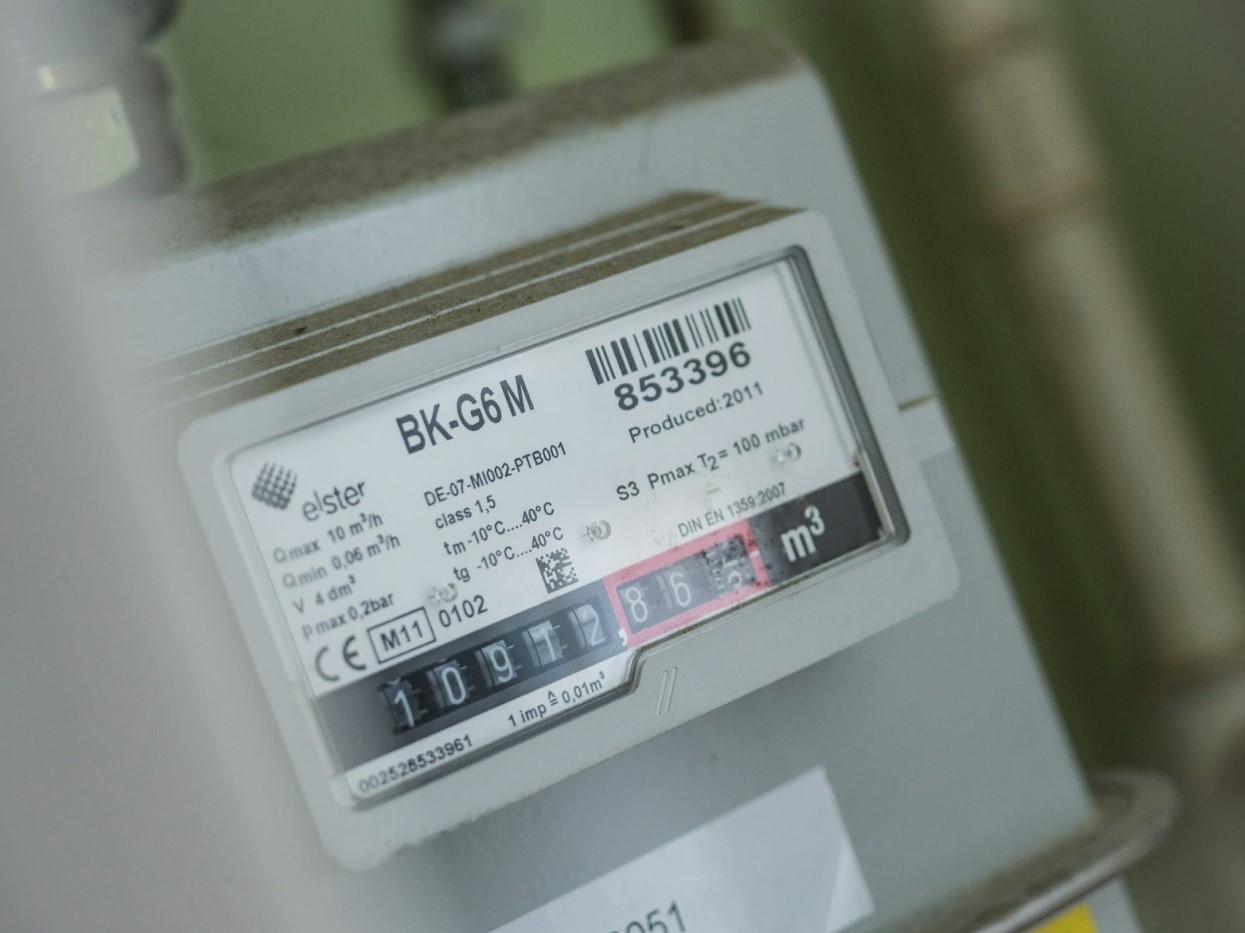While marijuana has been legalized in many states, that isn’t to say that there aren’t still a lot of issues regarding illegal marijuana operations.
Law enforcement is keen to crack down on illegal growing operations and often seek the assistance of utilities. Now, though, one utility is proposing providing more proactive assistance to law enforcement in a move that many worry may be unconstitutional.
The Problems Faced by Maine

Maine is facing an issue with illegal marijuana grow enterprises hidden in rural homes that have been purchased, gutted and converted into high-yield indoor marijuana farms.
This sort of issue has been faced by a number of states that have legalized marijuana, where illegal operators look to take advantage of legalization to have their growing operations fly under the radar. They will then sell in states where cannabis is still illegal.
Huge Power Consumption

As you can imagine, these growing operations require a lot of power-hungry equipment and upgraded electrical services in the repurposed rural housing to support them.
It is this astronomical increase in power consumption that is often a telltale sign for law enforcement that a location is being used for an illegal marijuana grow operation.
Seeking Subpoenas

At one such property busted by law enforcement in Maine, the monthly electricity bill had skyrocketed from around $300 to almost $9,000.
Maine’s Versant Power has stated that it frequently receives subpoenas from law enforcement, sometimes for as many as 50 locations at a time, to look at the energy bills for locations suspected to be illegal grow houses.
Versant’s Controversial Proposal

Versant is willing to do even more to help law enforcement crack down on these illegal operations, feeling it’s inefficient for them to wait for subpoenas.
Instead, they suggest that utility regulators should be more proactive in assisting law enforcement and wish to be allowed to report what they believe to be suspicious energy consumption to police without being solicited to do so first.
Energy Companies Can Spot These Operations

Arrian Myrick-Stockdell, corporate counsel for Versant, told commissioners: “Versant has a very high success rate in being able to identify these locations, but we have no ability to communicate with law enforcement proactively.”
The proposal that electric utilities should be allowed to report to law enforcement will be discussed by the Maine Public Utilities Commission.
Already Facing Criticism

The proposal is already facing pushback from those who believe that it’s inappropriate for utilities like Versant to provide this sort of information to law enforcement.
Even if Versant has the best of intentions in trying to crack down on illegal operations, consumer privacy advocates are very critical of the notion of utilities volunteering private customer data in such a way.
Unconstitutional Behavior

The nonprofit Electronic Privacy Information Center believes the proposal to be extremely troubling on a fundamental level.
The executive director of the Electronic Privacy Information Center, Alan Butler, says a regulatory rule allowing electric utilities to provide private customer information with “no probable cause, no warrant, no judicial review” would be unconstitutional.
Going Against Their Duty to Customers

The group has never encountered a proposal like this, though federal courts have allowed the sharing of “smart” electric meter data for the limited purposes of managing the power grid.
Jay Stanley, an American Civil Liberties Union privacy expert, compared the idea of utilities combing through consumer data and sharing it with law enforcement to an illegal dragnet, saying: “Utilities should not be doing that. They have a duty of protecting their customers’ privacy.”
What Happens Inside a Home Is Private

There is also precedent against the proposal, with the courts historically giving special privacy protections for what’s going on inside a home.
In 2001, for instance, the Supreme Court ruled that it was unconstitutional for federal agents to use thermal imaging equipment without a search warrant to detect heat from marijuana grow lights inside a man’s home.
Legitimate Reasons for Energy Spikes

Critics of the proposal note that illegal grow operations aren’t the only reason for a sudden, steep increase in energy consumption.
There are legitimate reasons for astronomical usage, such as homeowners needing to use temporary heaters and fans to dry out a property after a flood. People could potentially be reported to the police for absolutely no reason, which is exactly why Mark Morisette from Central Maine Power described the proposal as “an eerie line to even consider crossing.”
Safety vs. Privacy

It’s easy to see both sides of the debate. Obviously, steps need to be taken to crack down on these huge grow operations. Beyond being illegal, they can pose potential safety risks due to overheating of improperly installed equipment.
But at the same time, people’s rights to privacy cannot be compromised in the name of safety. That’s a slippery slope, and once you start, even with an innocuous proposal like this one, it’s worrying to think about where it might end. Certain rights are constitutional for a reason and should be protected.
